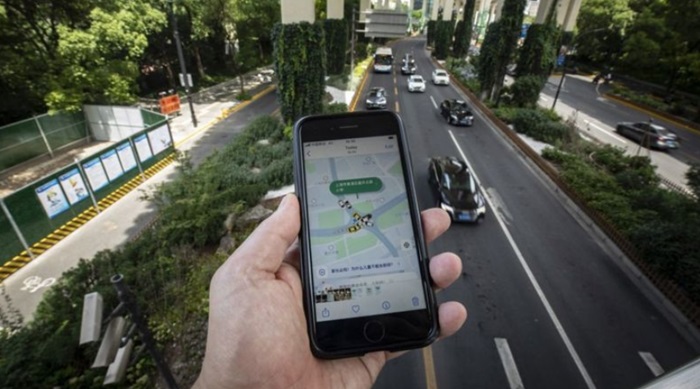
Municipal governments across China are trying to dissuade their unemployed citizens from becoming ride-hailing drivers, even though the low barrier to entry is appealing amid a weak job market.
The latest warning came from Jingdezhen, a city known as the porcelain hub in southeastern Jiangxi province. The city’s transport authority on Monday said that “the number of private cars in the city has been increasing over the years, and the capacity of the online ride-hailing market is becoming saturated”.
“Enter the online ride-hailing industry with caution”, the authority said in a post on its official WeChat account, adding that a local driver makes on average 240 yuan (US$33.2) per day for 15 rides, from which commission fees and taxes need to be deducted. By comparison, the average disposable daily income in Jingdezhen was 135 yuan in 2023.
There have been similar warnings from at least five other cities since April. Last week, Putian in southeastern Fujian province and Shangqiu in central Henan province both said that the number of ride-hailing cars is “becoming saturated”.
By the end of April, Shangqiu, a city in Henan with 7.7 million residents, had more than 1,100 drivers actively waiting for online ride orders. “The number of cars and drivers have been growing rapidly”, said the local transport bureau.
Suzhou in eastern Jiangsu province, Chongqing municipality and Yingtan city in Jiangxi province issued similar announcements last month.
Suzhou said more than 57,600 cars in its downtown area had registered for rides by the end of March, an increase of 3,466 from a quarter earlier. “[The supply] of the industry is growing,” it said.
Chongqing said that less than 60 per cent of its 118,000 registered cars were dispatched for rides in the first quarter. “Given the current scale of orders, it is in fact difficult to have all the cars involved in the operation of ride-hailing services. Vehicle capacity has far exceeded the actual demand,” it said.
Ride-hailing has become a popular part-time job for many laid-off workers in China, as it only requires a car and driving licence. The weak job market has contributed to excess supply in the ride-hailing industry.
China had nearly 6.6 million registered online taxi drivers at the end of 2023, up almost 30 per cent from a year earlier, according to the country’s transport ministry. By contrast, the number of ride-hailing passengers grew just 20.7 per cent in the same period to 528 million, according to the China Internet Network Information Centre.
The concerns over market saturation came at the same time as a key personnel change at industry leader Didi Chuxing. On Sunday, the company announced that Jean Liu would resign as president and board director. She would maintain her role as the chief people officer while also being appointed a “permanent partner” of the company. (SCMP)
